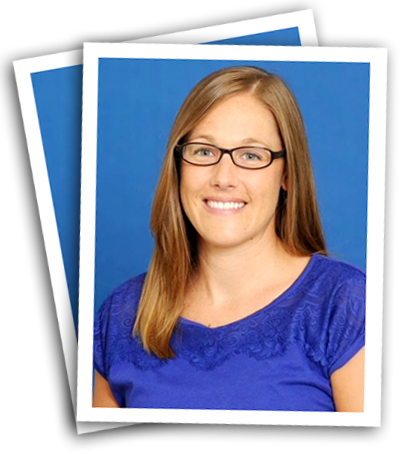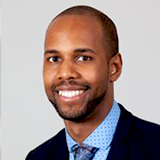Founded in 1930 as a Norfolk campus of The College and William and Mary, Old Dominion University now operates independently as a large, diverse public university. Just under half of ODU’s over 24,000 students are white; and nearly one-quarter have military affiliation. VCP students receive academic, clinical, and research training at ODU.
Initiatives of Two Institutions:
As a consortium, we have a diverse group of students and faculty. We are proud to draw upon the unique cultures and initiatives of our two institutions: Norfolk State University and Old Dominion University.
Students at |
Diversity Committee

Purpose
The inclusion, diversity, equity, and accountability (IDEA) committee aims to foster inclusivity within our program so individuals feel welcome, safe, and acknowledged. We are committed to promoting equitable practices that consider the perspectives and needs of diverse voices and facilitating the adoption of more culturally responsive practices within our spheres of influence. Specifically, we commit to cultivating a community that welcomes, supports, and values the unique contributions of individuals whose identities intersect across diverse groups, including but not limited to diverse: ages, races, ethnicities, gender identities, religions, sexual orientations, ability statuses, socio-economic statuses, national origins, familial roles, caregiver statuses, military and veteran statuses, first-generation statuses, citizenship statuses, medical statuses, languages, and political affiliations.
In addition to creating a supportive and inclusive environment within the program, we aim to acknowledge and address systemic inequities and injustices present in academia, the field of clinical psychology, and global society. This is imperative in our roles as both current and training clinical psychologists given the multifaceted nature of our profession, which includes, but is not limited to, providing clinical services, engaging in scientific research, and disseminating knowledge. Further, we affirm that recognizing and working to undo systemic inequities and injustices is critical as ethical and responsible citizens of the world. We remain committed to promoting the collective understanding of historical processes that have led to oppressive and biased systems requiring diversity, equity, and inclusion efforts. We are dedicated to continuously evolving and improving with time as we seek out new perspectives, ideas, data, and recommendations from researchers, clinicians, and the communities we serve and of which we are a part.
IDEA Mission and Steps for implementation
We are cognizant that acknowledging the need for representation, inclusion, and equity does not necessarily signify active engagement or alliance with diverse groups. Therefore, we are dedicated to actualizing the following goals: View Goals
Research and Practice
Our faculty and students are conducting research and practice that impacts at-risk communities and marginalized groups. Click the buttons below to view some examples.
Resources
GRANTS AND FELLOWSHIPS
APA PERSPECTIVES
- Family Separation
- Gun Violence
- Role of psychology and APA in Dismantling Systemic Racism Against People of Color in the United States
- Advancing Health Equity
- Collection of resources on Racism, bias, and discrimination
- Multicultural Guidelines: An Ecological Approach to Context, Identity, and Intersectionality, 2017
- APA Guidelines for Psychological Practice with Sexual Minority Persons:
- APA Apology to People of Color
VCPCP Faculty Diversity Spotlight

MEET Dr. Kristin Heron:
Since joining the ODU faculty in 2014, my research interests – which have primarily focused on body image, eating behaviors, and other health behaviors in young women – have been extending to include an emphasis on these experiences and behaviors in diverse and marginalized populations. In particular, through collaborations in the department I have become interested in understanding factors that contribute to minority women reporting higher rates of disordered eating behaviors than majority group women. In this work, our research team considers different minority groups, including racial/ethnic minorities and sexual minorities (i.e., individuals who identify as lesbian/gay, bisexual, queer, etc.). Over the last few years, with my undergraduate and graduate students and collaborators, we have conducted several studies regarding college student health where we pay particular attention to how minority students’ experiences may be similar or different from majority students.










